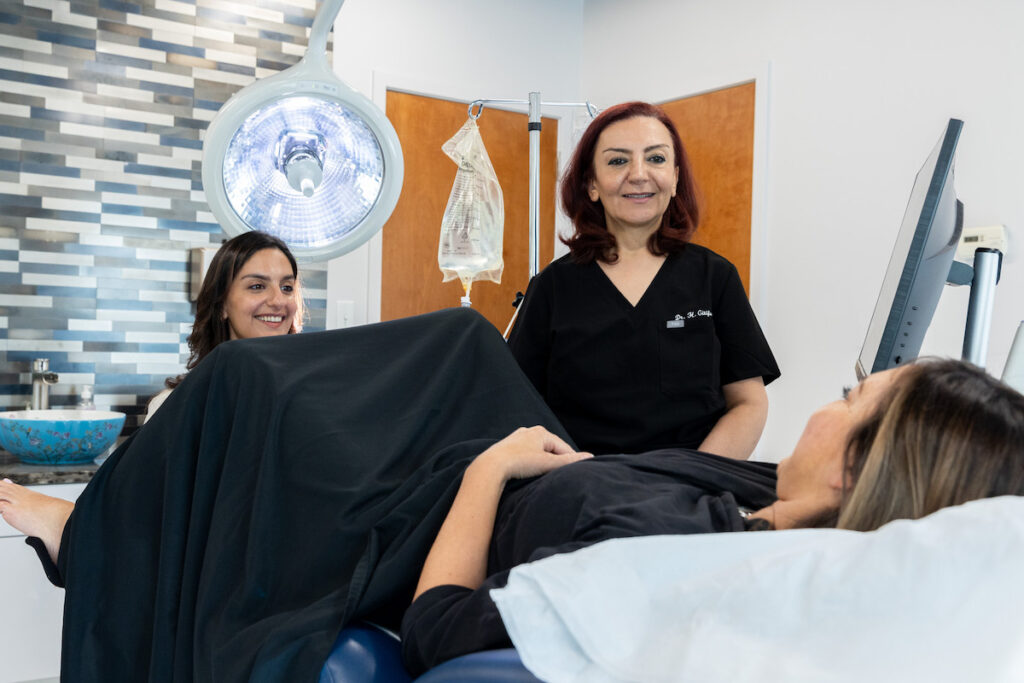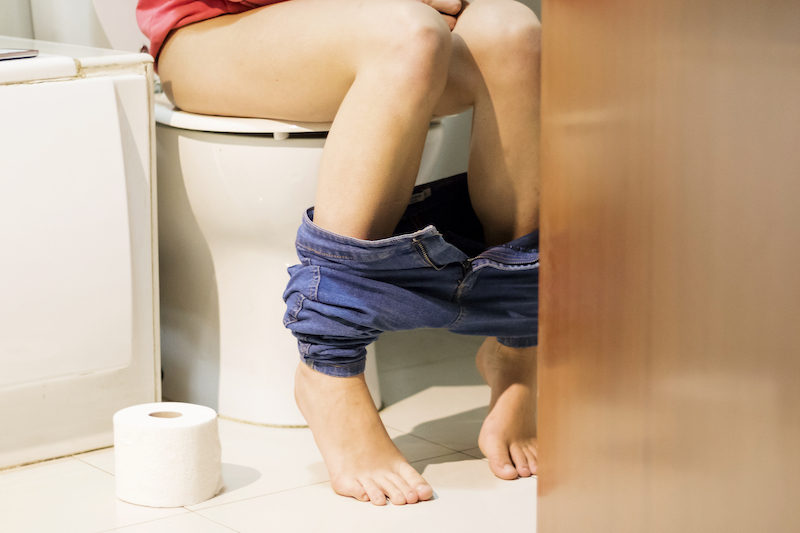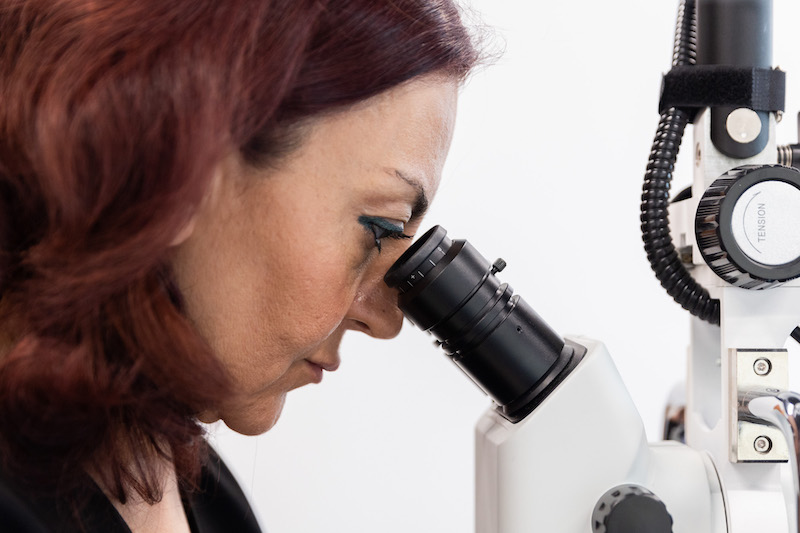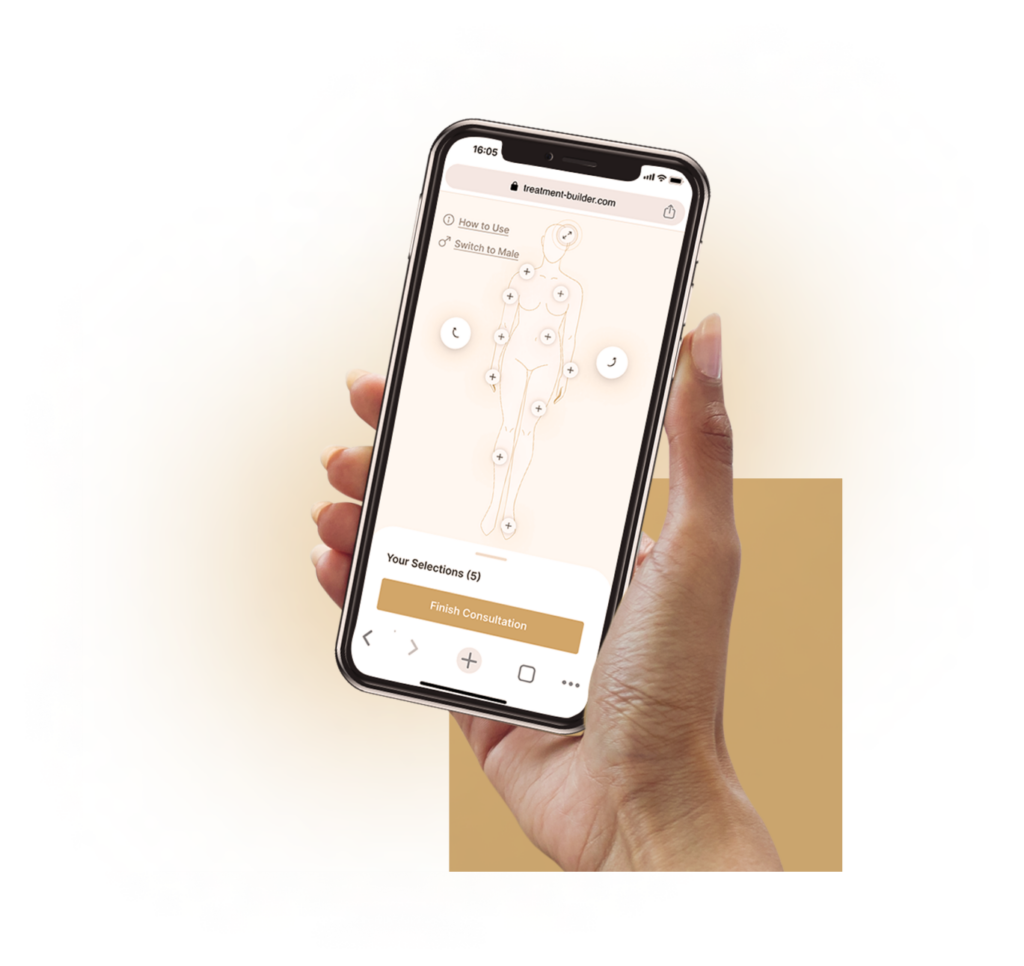
Urinary incontinence isn’t just a physical condition; it can affect nearly every aspect of a person’s life.
At Advanced Women’s Health & Surgery, we understand just how much urinary incontinence impacts your emotional and mental health. Nobody should have to experience anxiety, embarrassment, or social isolation from bladder leakage.
A urinary incontinence treatment in Westlake, OH, will be your best solution for regaining bladder control and restoring your self-confidence.
Are you ready to get back to the things you love without fear? Keep reading our blog to learn more about the causes of bladder leakage and the procedures that treat it.
To speak with our gynecological experts, book your appointment by giving us a call or visiting our website.
What is urinary incontinence?
Urinary incontinence is a condition that causes a person to unintentionally and uncontrollably leak urine.
Though urinary incontinence appears most frequently in older adults, it’s more common among younger age groups than many realize. Among women aged 20-39, 7% to 37% experience some degree of urinary incontinence.
Urinary incontinence can also worsen during menopause, the time when a woman stops getting her menstrual period.
What are the types of urinary incontinence?
Urinary incontinence manifests in multiple ways, all with different causes and triggers for urine leakage.
Urge Incontinence
Urge incontinence can be described as the sudden and intense need to urinate immediately.
Most people can hold over 2 cups of urine in their bladder at a time. You’ll typically start feeling the first urges to urinate when the bladder is a little less than half full.
With urge incontinence, your bladder muscles contract at the wrong time, causing you to leak urine—no matter how full the bladder is. This leakage often happens too quickly for you to get to the toilet in time.
If you have urge incontinence, you may urinate uncontrollably throughout the day and night, even while sleeping.
Stress Incontinence
Stress incontinence occurs when movement or activity puts pressure on the bladder and causes it to leak.
This condition results from weakened pelvic floor muscles that cannot support your organs as they should. Strenuous activities place pressure on the bladder, causing the pelvic floor muscles to give out and the bladder to leak.

Activities that can cause stress incontinence include:
- Laughing
- Sneezing
- Bending over
- Coughing
- Running
- Jumping
- Lifting heavy objects
This form of incontinence is most common among women who have had multiple vaginal births.
Overflow Incontinence
Overflow incontinence is characterized by a constant urine leak or dribble caused by the inability to empty the bladder. Many individuals with overflow incontinence cannot sense when the bladder is full.
Because of the urine left in the bladder, this form of incontinence can increase your risk for urinary tract infections.
Overflow incontinence more frequently affects men because enlarged prostates block the flow of urine. For women, common causes of overflow incontinence include weakened bladder muscles and medications that affect nerve signals to the bladder.
Functional Incontinence
Functional incontinence refers to bladder control loss caused by a different health condition. These conditions can make it difficult to physically get to the bathroom or recognize when you need to urinate.
Functional incontinence varies greatly from person to person because so many conditions can cause it. Examples of these conditions include:
- Cognitive disorders that affect how your brain processes thoughts and information (dementia and Alzheimer’s disease).
- Physical disorders that make it difficult to get to the bathroom or remove clothing (arthritis).
- Neurological disorders that affect the nerves throughout the body (multiple sclerosis, Parkinson’s disease, and strokes).
- Medications that cause you to urinate more often or affect your cognitive abilities (sleeping pills and diuretics).
- Urinary tract infections that irritate your bladder and make urination difficult.
- Constipation that presses on the bladder and reduces the amount of urine it can hold.
- Mixed Incontinence
Mixed incontinence refers to a combination of stress and urge incontinence.
This form of incontinence consists of the sudden urge to urinate at all times of the day and night. You may also feel the urge to urinate after drinking a small amount of water or hearing running water.
If you have mixed incontinence, you may leak urine while doing strenuous activities like sneezing, laughing, or lifting something heavy.
Options for Urinary Incontinence Treatment in WestlakE, OH
We offer both surgical and non-surgical options as an option for urinary incontinence treatment in Westlake, OH. We approach all urinary incontinence procedures with empathy and respect, ensuring our patients’ dignity is preserved throughout the process.
Non-surgical Approaches
If you’re looking for non-surgical solutions to improve urinary incontinence, lifestyle changes, medication, and vaginal rejuvenation could work well for you.
Lifestyle Changes
Pelvic floor muscle exercises can help strengthen the muscles under the uterus and bladder to reduce urinary incontinence.
When performed correctly, these exercises relax and tighten the muscles that control urine flow. Most exercises involve alternating between pretending that you have to urinate and holding it in.
Bladder training can also serve as a urinary incontinence in Westlake, OH. The following techniques can help you avoid bladder leakage:
- Avoid going to the bathroom “just in case.”
- Practice not going to the bathroom immediately once you feel the need to go.
- Wait longer between trips to the bathroom.
- Go to the bathroom at regular intervals.
Medication
At Advanced Women’s Health & Surgery, we offer a variety of medications to help improve urinary incontinence symptoms.
The following medications are commonly used to treat bladder control problems:
- Anticholinergics – These medications block the action of the chemical messenger acetylcholine, which sends signals to the brain that trigger bladder contractions.
- Mirabegron – This medication relaxes the bladder muscles and increases how much urine the bladder can hold. This can help individuals with urinary incontinence empty the bladder more completely.
- Imipramine – This medication is a tricyclic antidepressant that relaxes the bladder muscles and causes bladder neck muscles to contract.
- Duloxetine – Though it’s most often used to treat depression and anxiety, this medication relaxes the muscles that control urination. It can also help improve bladder leaks.
You and your provider will discuss which medication would suit your needs best during your appointment.
FormaV
FormaV is a non-surgical vaginal tightening procedure that addresses the vaginal muscle looseness associated with urinary incontinence. Using radiofrequency energy and localized heat, FormaV stimulates collagen and elastin production to tighten the vaginal tissues.
Along with urinary incontinence, FormaV can also help with vaginal dryness and painful intercourse.
To be eligible for FormaV, your provider will need to confirm that you have had a normal pap smear result within the past year.
To begin your vaginal rejuvenation treatment, your provider will first lubricate and insert the FormaV wand into the vaginal canal. You may feel a slight warming sensation, but you should not feel any pain from our vaginal rejuvenation techniques.
After insertion, your provider will slowly rotate the FormaV to ensure an even distribution of the radiofrequency energy. You can expect your vaginal rejuvenation treatment to last about 30 minutes.
FormaV is a popular treatment among many patients experiencing urinary incontinence, because there’s little to no downtime afterward.
Surgical Approaches
If non-surgical approaches haven’t solved your urinary incontinence, surgical procedures can help you get back to the things you love.
Transvaginal Tape Procedure
A transvaginal tape procedure (TVT) closes your urethra and bladder neck to control stress urinary incontinence. Also known as a bladder sling, this urinary incontinence treatment in Westlake, OH, uses artificial mesh to support the bladder.
For this procedure, your surgeon will make two cuts into your abdomen above the pubic hair line and one inside the vagina. The artificial mesh will then be passed through the cut inside the vagina and positioned under the urethra.

Your surgeon will then adjust the tightness of the tape to support your urethra. The ends of the tape will then be cut and incisions closed off.
A transvaginal tape procedure takes approximately 2 hours to complete, and recovery lasts anywhere from 2 to 3 weeks.
Sacral Neuromodulation
Sacral neuromodulation involves placing a small device called a neuromodulator under your skin in your lower back.
The sacral neuromodulation device sends mild electrical impulses to your sacral nerves, which control the pelvic floor and muscles related to bladder function.
With proper technique, device insertion should not be painful. However, you may notice some vague sensations in the sacral area.
Sacral neuromodulation is a urinary incontinence treatment in Westlake, OH, designed for patients who haven’t had success with other options.
Take Back Control With Urinary Incontinence Treatment in Westlake, OH
Laughing with your family. Dancing with friends. Running with your grandchildren. These are all joyful activities you shouldn’t have to sacrifice to urinary incontinence.
At Advanced Women’s Health & Surgery, we’re proud to offer our patients a variety of options for urinary incontinence treatment in Westlake, OH. At the end of the day, you deserve to live life to the fullest; not in fear of bladder dysfunction.
Contact us to get started on your journey to ending urinary incontinence. Give us a call or visit our website to learn more.
Want to address other side effects of aging? Visit our blog and website to learn more about hormone therapy, weight management, and IV therapy.


